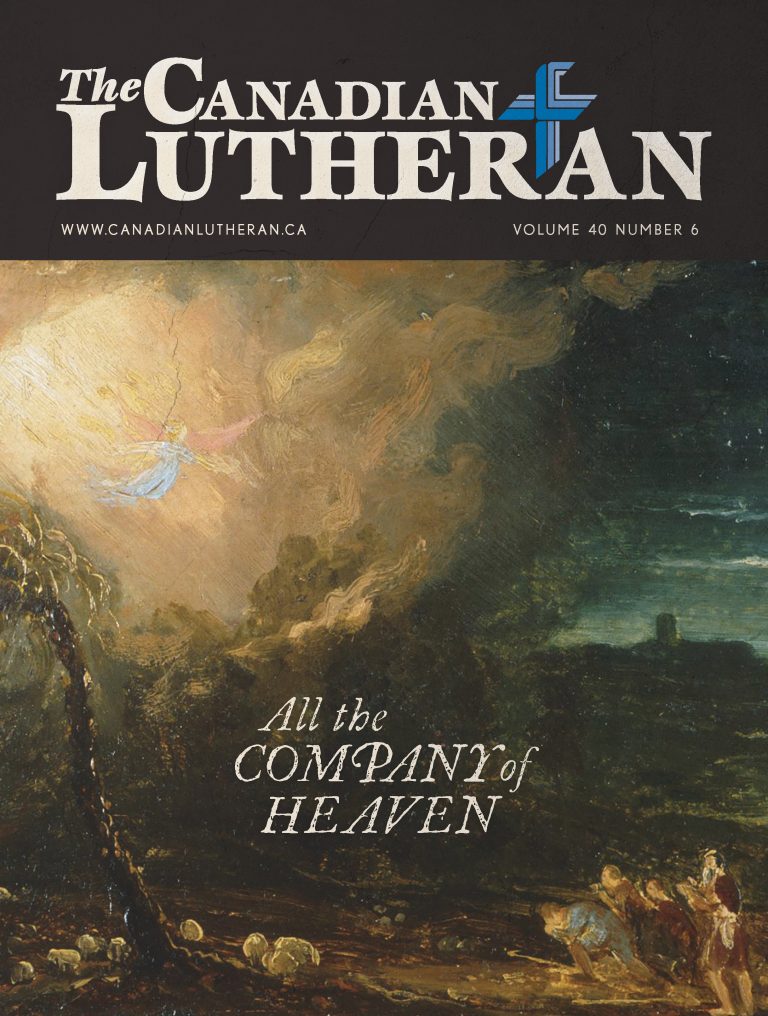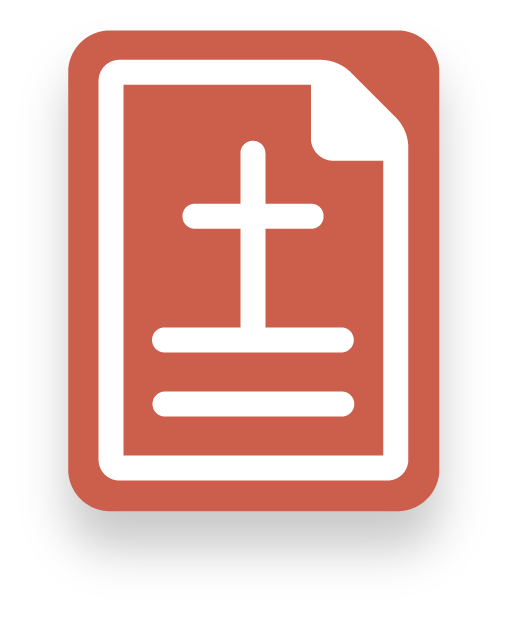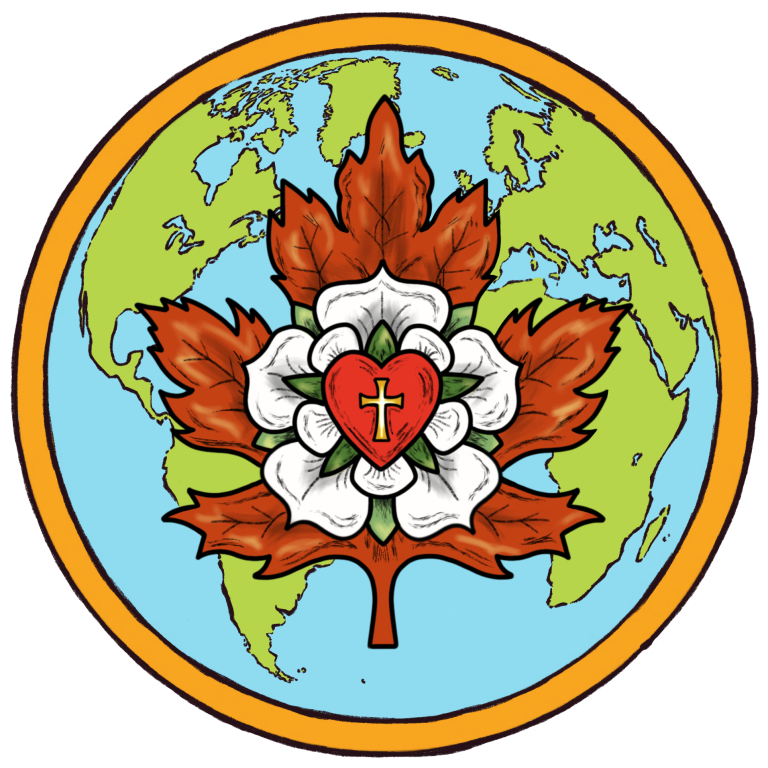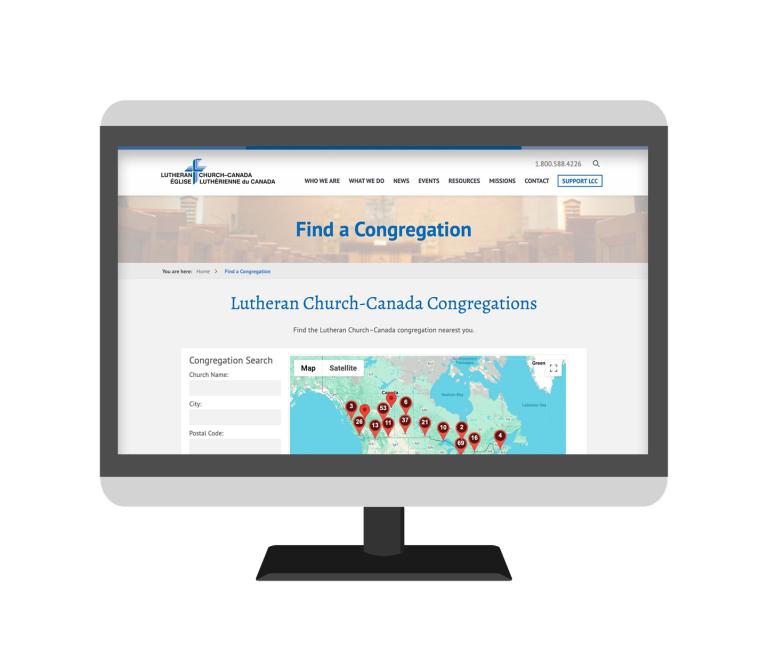New office to promote religious freedom worldwide

Parliament
by James Morgan
A characteristic of Canada’s post-World War II history has been the promotion of human rights and freedoms, not just within the country, but on a global level. Now, the federal government is attempting to ensure religious freedom worldwide can be enjoyed. During the 2011 federal election campaign, the Conservative Party promised to create an Office of Religious Freedom within the Department of Foreign Affairs, a promise that was reiterated in the Speech from the Throne after the election.
“This office will be created to promote and protect freedom of religion and belief, consistent with core Canadian values such as freedom, democracy, human rights, and the rule of law. Most importantly, it will demonstrate that Canada truly is a free society,” said Foreign Affairs Minister John Baird in remarks made at the opening of stakeholder consultations on the establishment of the office.
The Minister added that Canada is in a unique position to encourage religious freedom in other nations because of its own society being composed of many ethnicities and religions. He referred to attacks on Coptic Christians during the following year as one example of how the office could promote tolerance in Egypt. In another example, he said, “I stand with Roman Catholic priests and other Christian clergy and their laity, as they are driven underground to worship in China while their leaders are detained.
The plan has come under criticism from mainstream media with accusations that the office could be misused to attract ethnic support to the Conservative Party, something Minister Baird strongly denies: “Freedom of religion is one of the first things in the Charter (of Rights and Freedoms),” he said, “It’s one of the first things in the Bill of Rights, it’s front and centre in the UN Declaration of Human Rights—it’s an essential human right; I don’t see any concern about that at all.” Other organizations such as Amnesty International Canada have also expressed concerns about the closed-door meetings on the proposed office: “There is such complete secrecy about it,” Amnesty head Alex Neve told the CBC, noting the organization was not invited to attend consultations.
Former Liberal leader Michael Ignatieff, now a professor at the University of Toronto, has offered cautious support for the Office of Religious Freedom, as long as it does not become influenced by groups the Conservatives wish to establish a support base among, or ignore other human rights concerns. In the Globe and Mail on January 4, Professor Ignatieff said the office could “turn a Canadian spotlight on people in danger.”
Now that the consultation process is complete, the government is expected to officially announce the establishment of the Office of Religious Freedom and details of its mandate and function in the coming months.






